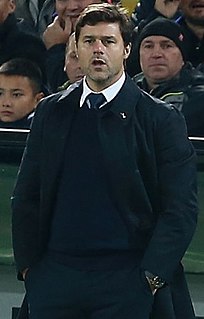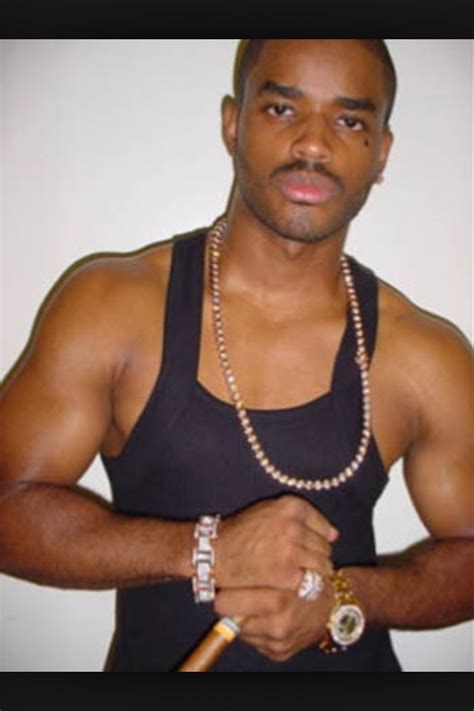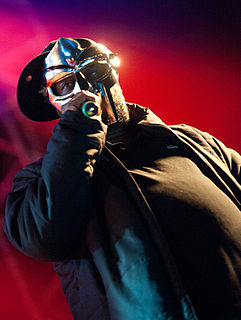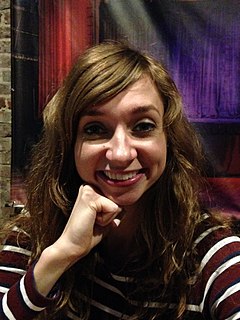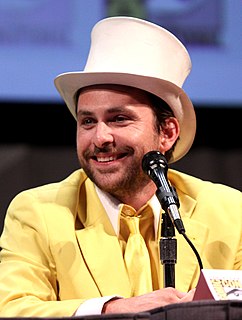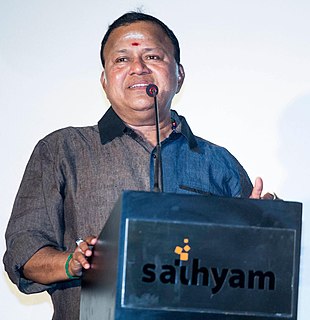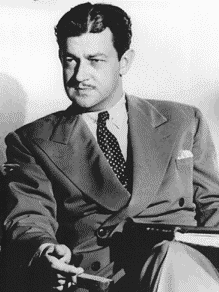A Quote by Mike Colter
When I find material that gives me a natural yet unique character point of view and has well - developed characters throughout the script, it makes the hairs on my arm stand up.
Related Quotes
It makes it easier, if you can't do an American accent. I don't know. It's different. I played a character in Never Let Me Go where the script for my character was very sparse, and I enjoyed it. With Never Let Me Go, I had a whole book written from my character's point of view, so I always knew where I was. But, with Ryan [Gosling], it was just easy. He's such a brilliant actor and he is so prepared. He doesn't have to warm himself up to be in a scene. He's just in it. It draws you in, in a way.
One of the things that's important for anybody adapting source material that is primarily a male buddy picture is to find ways to latch on to strong female characters in the piece and bring them to the forefront and celebrate their point of view alongside the men; otherwise, it becomes a sausage party, and it's a singular point of view.
Well,the fun part of being a writer is that it's like making a wonderful film, with no limit on my budget. I can design the sets, the costume, the lightings, I write the script, and then I get to perform all the roles as I step into each character's skin, zip up, and adopt that point of view. So, to me, they are all compelling and fascinating.
The 'Doom' thing is to be able to come at things with a different point of view. I decided the mask would just add to the mystique of the character as well as make Doom stand out. I though it'd be an easy way for people to see and differentiate between characters, sorta like when an actor gains weight for a role.
I have played several characters that are crabby and cranky. I don't know if I'm just not a very well-developed human being or if I don't know myself very well, but I tend to find I can take on elements of the characters that I'm playing. When I was playing a character like Becky Freeley in Miss Guided found that I was insanely positive and happy all the time.
I think the most important thing is to, without belligerence, stand up for what want. Argue compellingly if someone tries to change your script. Yeah, legally they can if they want to. But rather than give up, as some of the writers do, and just wail about how your script got rewritten, it's much more difficult - but well within the realm of possibility - to argue very sincerely, calmly, and reasonably from your point of view, such that the director or the producer might decide, "All right, let's do it that way."
Normally, filmmakers would just write a script and cast people to act as certain characters in the story. But in my way of doing things, I have the actors in my mind already, so I'm trying to borrow something that's unique to them. The characters have a very natural connection to the actors themselves.
You have to go as hard as you possibly can, or it's going to be weak. Whenever I find myself not committing fully to a character, it's not as funny. It doesn't have that clear point of view, and you find yourself wandering all over the place, whereas committed characters make strong choices that are clear to the audience.
When a director narrates a character, I find it normal to ask questions about the character's background, mood swings, eccentricities, behaviour... I do this to make my performance relatable. Directors who don't know their characters well find it difficult to answer these questions and, hence, find me annoying.





